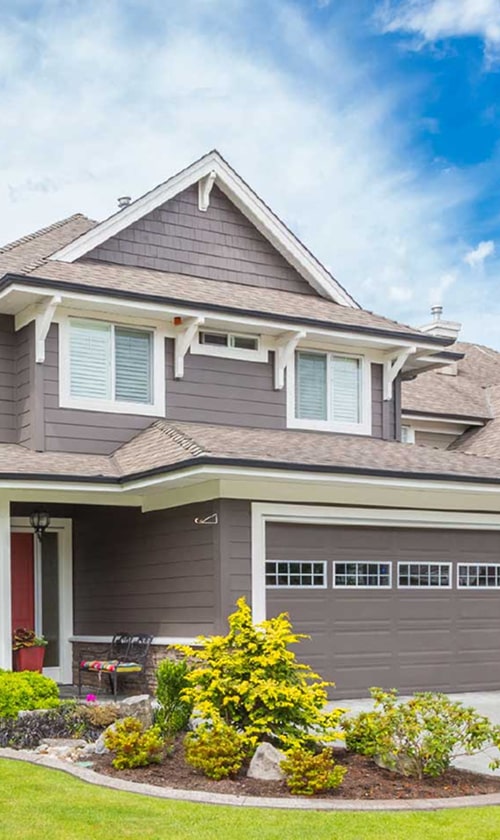Understanding Boiler Installation Costs in Kennesaw, GA

In Kennesaw, GA, the cost of installing a boiler can vary due to several factors. The type of boiler, fuel source, and specific requirements of the installation all influence pricing.
Factors Influencing Installation Costs
Several elements affect how much we pay for boiler installation. The size and efficiency of the boiler play a big role. Larger, more efficient models tend to cost more initially but save money over time.
Fuel Type: Boilers run on different fuels like gas, oil, or electricity. Each type has different costs and efficiencies. Gas is often cheaper but requires connection to a gas line. Oil and electric boilers might be easier to install but can have higher ongoing costs.
Installation Complexity: Adding a boiler to a new property is usually less complex than replacing an old one. Replacement might involve removing old units and may require changes to existing ductwork or pipes. Unexpected complications can increase costs.
Comparing Boiler Types and Their Costs
Boiler types can vary widely in cost. Traditional gas boilers might be less expensive upfront compared to high-efficiency models or alternative options like electric boilers.
Gas Boilers: These are common due to efficient heating and lower fuel costs. Installation costs can be competitive, but they need a gas line connection.
Electric Boilers: Easier to install as they don’t require venting, but electricity costs can add up. They can be a straightforward option if we aim for simplicity.
Oil Boilers: Generally higher fuel costs but provide reliable heat. Installation might be more challenging, especially if converting from another type.
Making an informed choice depends on understanding the pros and cons of each type while considering long-term efficiency and maintenance.
Selecting the Right Boiler for Your Home
Choosing the right boiler for our home involves several factors like home size, specific heating needs, and understanding different boiler types. It’s crucial to balance energy efficiency with the boiler’s capacity to meet our requirements.
Assessing Home Size and Heating Needs
When selecting a boiler, home size plays a vital role. Larger homes require boilers with higher capacity to effectively distribute heat throughout various rooms. Meanwhile, smaller homes might benefit from a compact system with moderate capacity.
Heating needs vary greatly among households, dependent on the number of occupants and the amenities we wish to heat, such as multiple bathrooms or floor heating. Assessing these aspects helps to determine a suitable match for our home’s heating requirements.
Evaluating Boiler Efficiency and Capacity
Boiler efficiency refers to how well a boiler converts fuel into heat. It’s important to choose a model with a high efficiency rating to save on energy bills. Look for boilers with an ENERGY STAR label to ensure that they meet efficiency standards.
Capacity is another key consideration. Capacity determines how much heat the boiler can provide at any given time. It’s essential to match the boiler’s capacity with the heating load of the home to avoid overworking the system or underheating our space. Proper capacity ensures comfort and efficiency.
Boiler Types: From Combi to Conventional
There are several boiler types available, each catering to different needs. Combi boilers are compact and offer both hot water and heating, making them ideal for smaller homes. They don’t require a storage tank, saving space.
System boilers, on the other hand, require a tank but can handle high demand for hot water, suitable for households with multiple bathrooms. Conventional boilers are best for larger homes with existing traditional heating systems, as they can manage high loads with a hot water tank and cylinder, essential for larger families.
Installation Process and Associated Costs

When installing a boiler in Kennesaw, GA, two main cost factors stand out: labor and additional installation tasks. Each aspect plays a crucial role in determining your final expenses.
Understanding Labor Costs and Timeframes
Labor costs are a significant part of boiler installation. The complexity of the job affects the price, whether it’s a simple boiler replacement or a more complicated setup like HVAC system integration.
Timeframes can vary. Installing a standard boiler might take just a day, whereas a complex GAS line installation can span multiple days. Hourly rates for skilled technicians generally range between $50 and $150, depending on the company’s service and experience level.
A detailed estimate from professionals can help us plan and ensure accurate budgeting.
Additional Installation Considerations
Apart from basic labor, other installation considerations can change costs. For instance, adding or fixing radiators, new gas lines, or modifying existing plumbing systems will require extra resources.
A boiler repair may be needed if the existing setup has issues before the new installation. It’s essential to factor these potential costs into the overall budget.
It’s vital to understand what’s included in the quote from the installation company to avoid unexpected expenses. Speaking with experts beforehand can clarify what additional tasks the job might include.
Long-Term Cost Effectiveness
When considering the long-term costs of a boiler, we need to look at both future operating expenses and maintenance needs. Finding a system that balances energy efficiency with durability can save money over time.
Operating Costs and Energy Savings
A boiler’s energy efficiency plays a big role in its operating costs. High-efficiency boilers, including condensing boilers, often cost more upfront but have lower energy bills. These systems capture more heat and use it to warm your space, cutting down on wasted energy.
Non-condensing boilers are usually cheaper initially, but they may not save as much energy. We need to weigh these options carefully. By prioritizing energy-efficient models, we can reduce our overall energy consumption and keep costs down in the long run.
Maintenance and Longevity of the System
Regular maintenance is crucial for any boiler system. By keeping up with inspections and services, we help ensure the boiler lasts longer and operates efficiently. This includes checking for leaks, testing safety controls, and cleaning essential components.
Over time, ignoring maintenance can lead to higher costs and system failures. High-efficiency boilers often have specialized parts, so routine check-ups become even more vital. By investing in proper maintenance, we extend the life of our boiler and improve its overall reliability.




